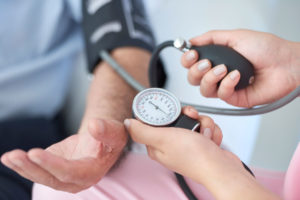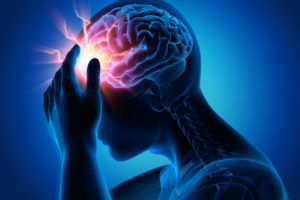A lasting, personal patient-provider relationship hinged on integrated care is considered to be the bedrock of family medicine. That is to say, a family medicine provider is trained to provide the most effective health care by examining the whole body—and not just merely focusing on one organ system. This is the very reason why appointments with family medicine care providers account for nearly half of yearly walk-in visits among American patients, according to the Centers for Disease Control and Prevention (CDC).
So whether it is for a flu jab or to keep your blood sugar in check, here are the reasons why seeing your family medicine care provider is a much better choice than having to go right to the ER.
Vast Range of Expertise
A family medicine care provider is a family medicine provider who has the expertise to work with patients of all ages: infants, children, adults, and the elderly. This means they can diagnose and treat many conditions affecting the entire family, allowing continuity of care and the chance to establish a good patient-provider relationship. Family medicine covers an extensive range of healthcare provision, so there is the less need to access additional healthcare, which can be costly and time consuming.
Here are some of the areas that family medicine covers:
- Diagnosis and treatment of illnesses and minor injuries
- Routine check-ups and screening tests
- Vaccinations and immunizations (including childhood immunizations)
- Disease prevention, detection, and management
- Treatment and management of chronic conditions (such as diabetes, heart disease, arthritis, and high blood pressure)
- Some minor surgical procedures
- Wellness screenings
- Health risk assessments
- Pre-operative exams
- Weight management and advice on maintaining a healthy lifestyle
- Women’s health (including gynecologic exams, pap smears, and preventive medicine)
- Blood draws, ECG and echocardiography, and pulmonary function testing
- Diagnostic testing (such as CT scans and MRIs)
What Can a Family Medicine Provider Treat?
The frequency of your family care provider visit would largely depend on your health. Many providers recommend you hop in once or twice a year for a check-up; however, if you have a chronic condition, such as hypertension or diabetes, you will likely need to be checked more often. Here are some of the other health conditions that your family medicine care provider can treat:
- Allergies and asthma
- Bronchitis
- Flu
- Strep throat
- Tonsillitis
- Whiplash
- Minor injuries (such as burns, animal bites, sprains and strains)
- Vomiting and diarrhea
- Back pain
- Digestive problems, etc.
>Treading the Pathway to Optimal Health
Far too often, many people think of seeing a family medicine provider only when they are sick or are suspecting that they might have an undiagnosed health issue. You have to see your family medicine provider even when you’re in the pink of health. As mentioned above, family medicine providers are well equipped to keep tabs on the entire family’s health and are highly trained to determine when specialty care is required. As suggested above, they recommend regular checkups and preventative health screenings as well as offer expert advice and information on a wide range of health issues. They coordinate with specialists to maximize care and minimize inconvenience for their patients.
Family Medicine in Wellington and Royal Palm Beach, Florida
If you are looking to get individualized, quality health care for your whole family, Advanced Medical can help. We offer a comprehensive range of preventive, sick, and urgent care services and pride ourselves on providing personal care for all your healthcare needs.
To learn more about us and the services we offer, or to arrange a visit, call us today at (561) 434-1935 or you can request an appointment online. We offer same-day as well as walk-in appointments for your convenience, and are always happy to answer any questions you may have about our practice and the primary care services we provide.











